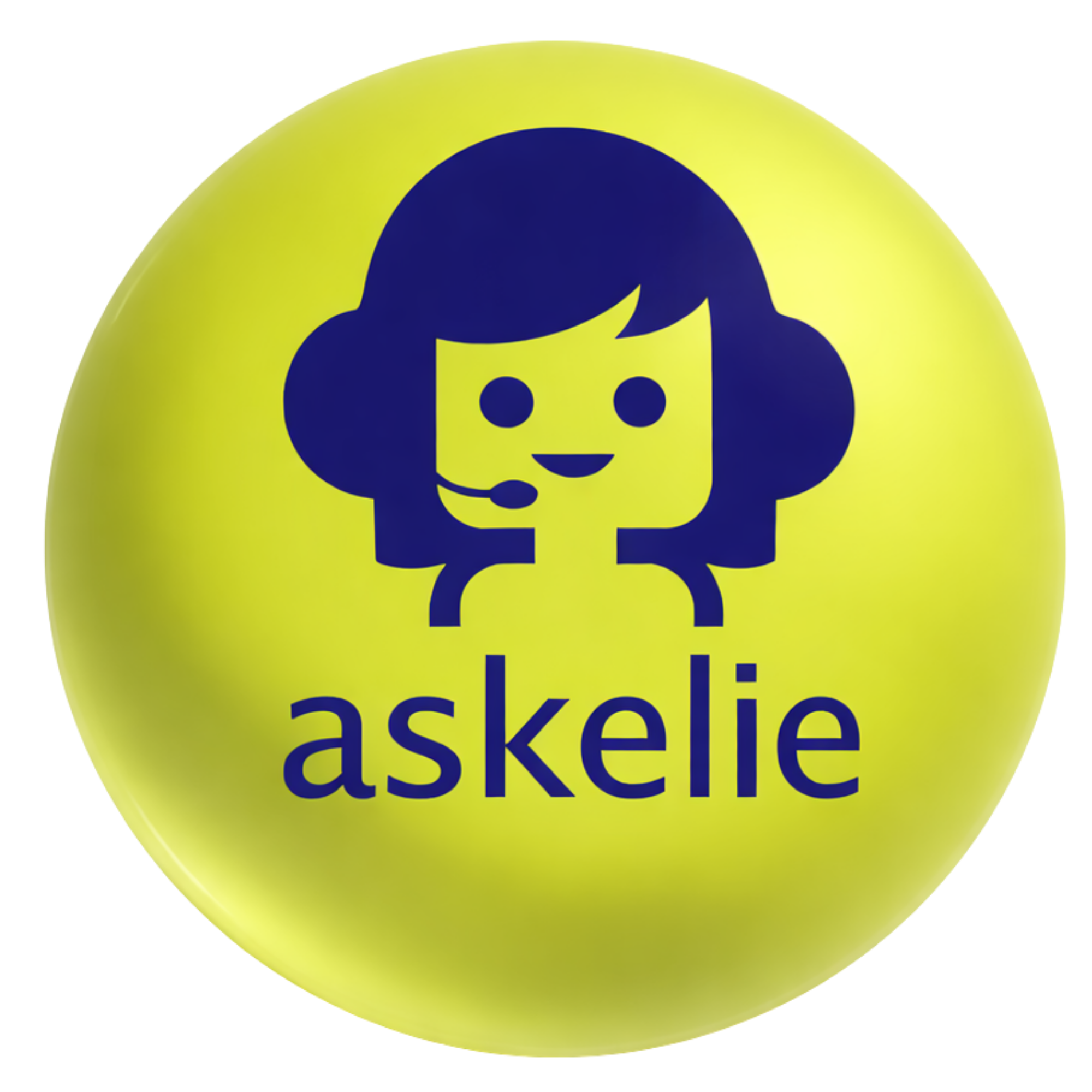AI in the Boardroom: 5 Reasons to Act on Conversational Automation Now
AI in the Boardroom: 5 Reasons to Act on Conversational Automation Now
AI in the Boardroom is no longer a what if conversation. Across the UK, boardroom AI strategy is the primary agenda point that boards are talking about. Not just in tech startups, but in NHS trusts, local councils, law firms and SMEs. The big question is no longer if AI will affect your organisation, but when and how ready you are.
Many leadership teams are excited about the potential, but not many have turned that interest into action. That is where conversational automation for business comes in. It is the most practical AI starting point for most organisations, simple to adopt, proven to deliver results, and designed to fit into existing systems.
Waiting on the sidelines is no longer a safe option. Delaying adoption could cost you time, money and talent.
From Hype to Help: The Shift in AI Thinking
AI used to be seen as futuristic: driverless cars, robotics, facial recognition. Today, AI adoption in UK organisations is focused on something much closer to home: how to handle admin workflows, customer queries, procurement and compliance.
The fastest growing branch of AI is not complex research models. It is conversational automation for business. From HR questions and IT helpdesks to supplier onboarding and finance approvals, platforms like askelie are changing how everyday work gets done.
Where generative AI such as ChatGPT has shown the art of the possible, askelie is designed for regulated businesses. It provides a structured, secure and compliance ready environment that boards can trust.
The Case for AI in the Boardroom
AI in the Boardroom is no longer a what if conversation. Here are five reasons why boards should act now.
- Admin overhead is sinking productivity
UK organisations still spend up to 35 percent of staff time on routine tasks that could be automated. Conversational AI can handle emails, document lookups, data entry and trackers in seconds. - IT and compliance teams are overstretched
Governance, ISO standards and access controls take up huge amounts of time. askelie lets organisations embed policies, documents and workflows directly into assistants, so staff always get the right answer with an audit trail. - Hiring and retention pressures are real
In a competitive labour market, asking staff to repeat the same answers all day is not sustainable. Automation reduces burnout and frees teams to focus on meaningful work. - Adoption is easier than you think
Modern no code AI platforms do not need developers. askelie captures workflows in plain English and deploys working assistants within days, not months. - The board has a responsibility
Boards have a duty to maximise value and reduce risk. Ignoring AI in the Boardroom while competitors are using it to cut costs and improve delivery is no longer defensible.
From Hype to Help: Conversational Automation for Business
askelie integrates with Microsoft Teams, SharePoint, email and even finance or case management platforms. Instead of relying on inboxes or forms, staff just ask their AI assistant what they need:
- Where is the latest ISO 27001 SoA
- Can you send a supplier onboarding reminder
- What is the PO process in India
- Has the MFA policy update been circulated
The AI does not just answer. It acts. It can send notifications, assign tasks, update records or raise tickets, with full logging and approvals included.
One Example: askVERA for Accessibility and Compliance
askVERA converts policies, contracts or technical documents into Easy Read formats. This helps staff or clients with learning difficulties or low literacy. It is a clear example of AI being used ethically to support inclusion, meet Equality Act obligations and improve compliance.
Why Boardroom AI Strategy Cannot Wait
According to the UK Digital Economy Council, 63 percent of boards now list AI as a top three investment priority. Only 18 percent have adopted it in a meaningful way.
This gap presents both risk and opportunity.
- Risk: competitors who automate now will deliver faster and cheaper
- Opportunity: early adopters gain efficiency, retain talent and build stronger reputations
Whether you are in housing, education, healthcare, legal services, finance or government, conversational automation for business is the form of AI that delivers quick results without waiting for a full IT transformation.
Final Word: Building the Future of Corporate Governance with AI
There is always a reason to wait: budget cycles, legacy systems, internal buy in. But waiting will not make AI go away. It will only leave you behind.
The organisations that thrive in 2030 will be those that start building AI capability now. Not because it is trendy, but because it solves problems today.
askelie exists to make that journey straightforward, compliant and scalable. It is time to bring AI into the Boardroom.


